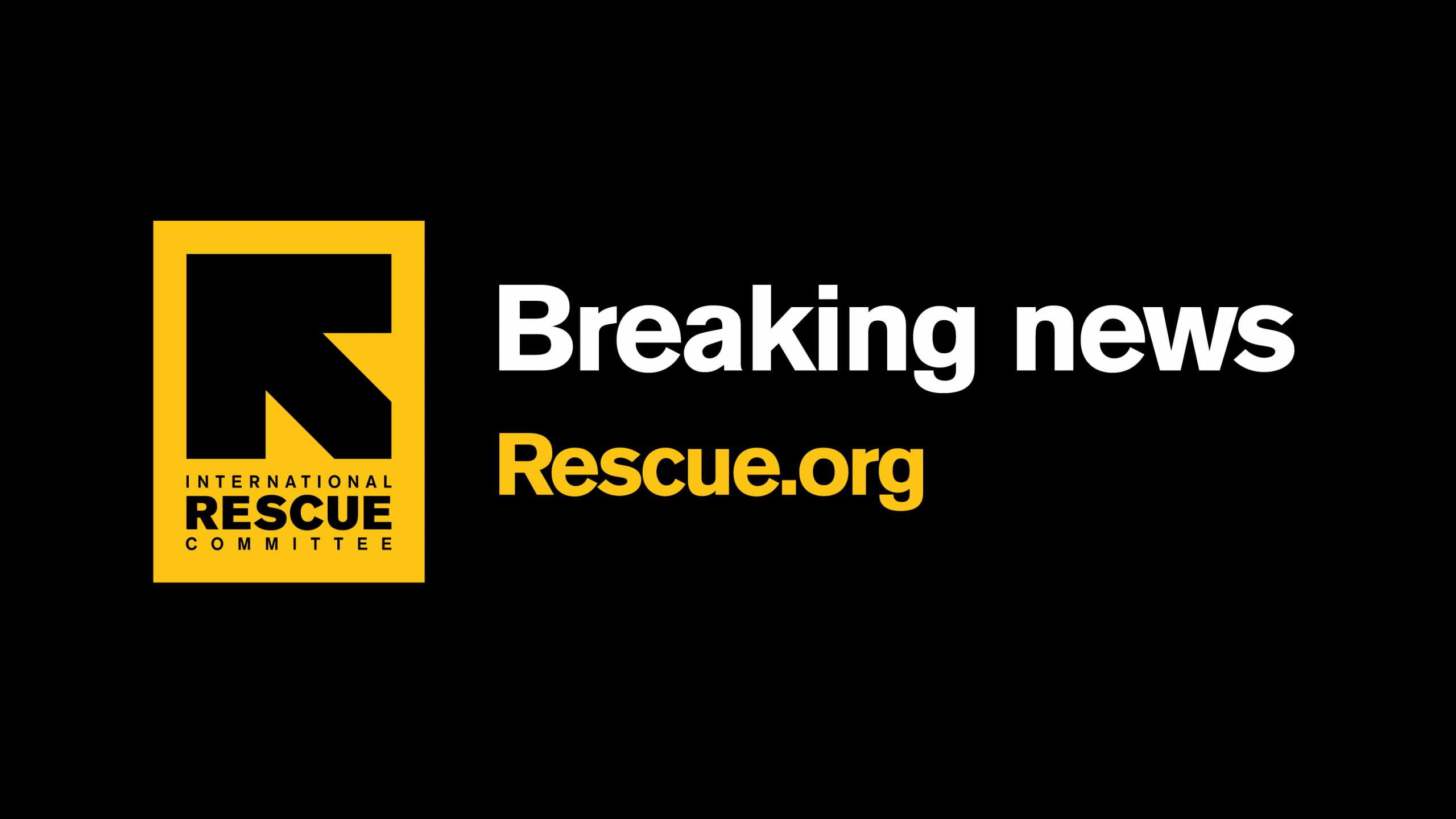The International Rescue Committee (IRC) is extremely concerned about the counties in South Sudan where an increasing risk of famine amidst the COVID-19 pandemic is pushing more than 7 million people into hunger. Food insecurity is rising amidst massive displacement of civilians resulting from a perfect storm of crises; the effects of years of conflict, an economic crisis, recurrent flooding and COVID-19. According to the IRC’s 2021 Watchlist, the risk of famine will increase even more in 2021. With more than 60% of the South Sudanese population facing food insecurity, the IRC is calling for a scale-up in international financial support and improvements in access for food assistance for South Sudan to prevent famine.
Caroline Sekyewa, South Sudan Country Director at the IRC, said,
“People in South Sudan were already struggling to access food. This year, counties are experiencing the impact of years of conflict, and peace is still extremely fragile. Further, an economic crisis, flooding and COVID-19 is forcing more people to go hungry as they lose their livelihoods and ability to feed their families. COVID-19-induced economic downturns and drops in oil prices are constraining the new government’s ability to implement the peace deal, whose implementation is already heavily delayed. South Sudan is the tenth deadliest country for civilians in the world – though many incidents likely go unreported.”
“It is estimated that 11,000 people are experiencing famine and this is likely amongst households where recent conflict and two consecutive years of severe floods are exhausting coping capacity. Due to the combined impact of devastating floods, conflict, and worsening economic conditions, most households are not able to meet their basic food needs or are using extremely detrimental strategies to cope. Amongst the 7 million people going hungry, 1.7 million people are estimated to be battling emergency levels of hunger across 35 counties, with areas of greatest concern concentrated in Jonglei, Unity, Lakes, Warrap, and Upper Nile.”
“Going into 2021, the 2018 peace deal remains fragile and even if it holds, conflict will continue, with civilian populations and humanitarians caught in the middle. Civilians and aid workers continue to face harm. Experts recorded over 500 fatalities in “violence against civilians” incidents in the first nine months of 2020. COVID-19 threatens to exacerbate the country’s health crises, given its extremely low coping capacity. More than half of the population has no access to primary health services, which, alongside limited access to clean water, poor sanitation services and extremely low immunization rates, has left the population highly susceptible to diseases like COVID-19. IRC calls on more support and funding for people in South Sudan as food insecurity threatens lives. ”
The IRC is one of the largest aid providers in South Sudan, operating there for over 30 years and delivering emergency assistance and supporting vulnerable populations in hard-to-reach areas. Our health response includes capacity building in state clinics, training of local health workers, nutrition programs, and sanitation services. We also provide support to survivors of sexual violence and child protection services. Community leaders and government officials are trained on the importance of upholding human rights. The IRC helps empower people through cash assistance, job and livelihoods training. Learn more about the IRC’s South Sudan response.
Data Source: International Rescue Committee.




